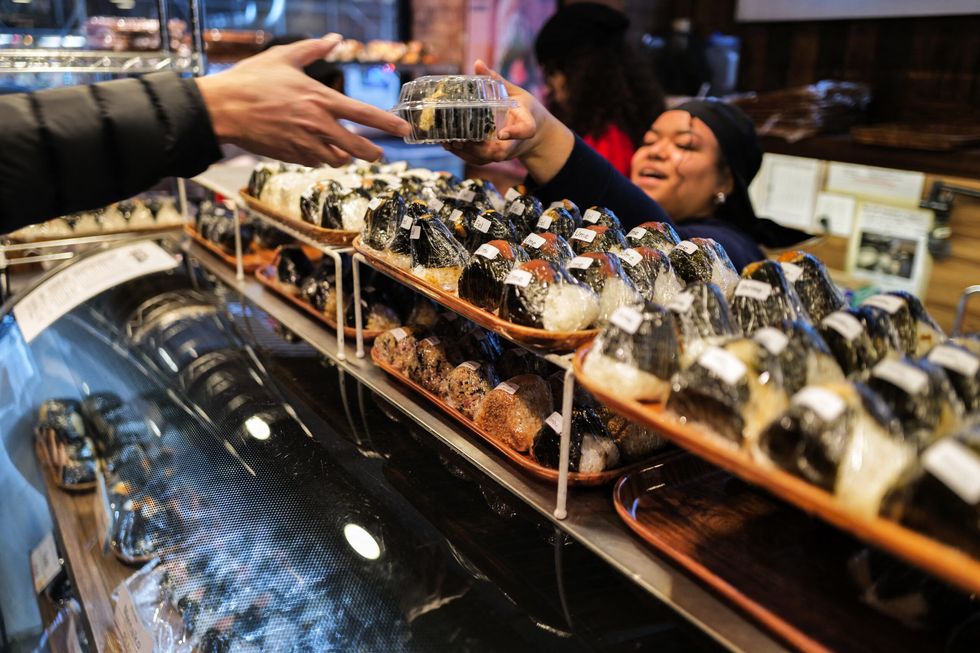The Oxford English Dictionary has recently expanded its lexicon with the inclusion of 23 Japanese words, ranging from culinary delights to cultural concepts.
Omotenashi, which describes good hospitality, characterised by “thoughtfulness, close attention to detail, and the anticipation of a guest’s needs," was also added to the dictionary.
Omotenashi is deeply rooted in Japanese culture, particularly influenced by the tea ceremony or sado. It represents a genuine and transparent approach to hospitality, where every gesture is extended sincerely, without pretense or hidden motives.
Santoku, a knife featuring a short, flat blade with a downward curve at the tip, and okonomiyaki, a savoury pancake, have been newly included. Okonomiyaki originates from "okonomi," meaning "what you like," combined with "yaki," meaning "to fry" or "to sear."
There are familiar terms for culinary cuisine like "katsu," "donburi," and "onigiri," which offer insights into Japanese cuisine. Notably, over half of the added words pertain to food and cooking, reflecting the rich culinary heritage of Japan.

Katsu, for instance, refers to a dish consisting of meat, seafood, or vegetables coated with flour, egg, and panko breadcrumbs, then deep-fried and sliced into strips. Interestingly, "katsu" is a prime example of a "boomerang word," originating from the Japanese "katsuretsu," which itself is borrowed from the English word "cutlet."
Similarly, donburi signifies a traditional Japanese dish featuring rice topped with various ingredients, often served in a bowl. The term derives from the Japanese adverb "donburi," meaning "with a splash," likely evoking the sound of ingredients being placed into the bowl.
Beyond the realm of gastronomy, the Oxford English Dictionary's update also embraces cultural phenomena such as kintsugi, the art of repairing broken pottery with lacquer dusted with powdered gold, silver, or platinum. Symbolising the beauty of imperfection, kintsugi embodies a philosophical outlook on life, celebrating resilience and transformation.

In the realm of literature and entertainment, isekai emerges as a significant addition, representing a genre of Japanese fiction characterised by protagonists transported to alternate worlds. This genre has gained widespread popularity among anime and manga enthusiasts, reflecting themes of adventure and exploration.
The inclusion of these Japanese words in the Oxford English Dictionary not only enriches the English language but also underscores the cultural exchange and influence between Japan and the wider world. As global communication continues to evolve, linguistic diversity serves as a testament to the interconnectedness of humanity across borders and cultures.






 JD Vance and family step off the plane in traditional attire receiving a warm receptionTwitter Screengrab/PTI
JD Vance and family step off the plane in traditional attire receiving a warm receptionTwitter Screengrab/PTI 











